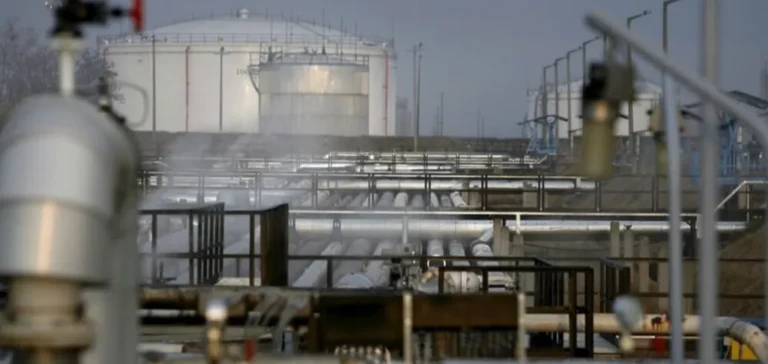The European Commission is planning to impose higher tariffs on Russian oil imports carried out by Hungary and Slovakia, two European Union (EU) countries still exempted from the embargo introduced in 2022. This proposal, currently under development, comes amid renewed international pressure, particularly from the United States, to further limit energy flows from Russia.
The EU initially banned Russian oil imported by sea in response to the invasion of Ukraine, but granted flexibility to Hungary and Slovakia, two landlocked countries dependent on Russian pipelines. This exemption remains legally binding, as any modification would require their agreement. The use of a tariff mechanism would allow Brussels to reduce the economic attractiveness of these purchases without triggering a veto.
A trade tool to bypass political deadlocks
The Commission’s project would allow the measure to be adopted by a qualified majority of the 27 Member States, avoiding the need for unanimous consent. Specifically, 15 countries representing 65% of the EU population would be sufficient to approve the proposal. This threshold could be more easily reached than a revision of the exemption scheme.
EU imports of Russian oil fell to €1.75bn ($1.85bn) in Q2 2025, compared to nearly €29bn ($30.7bn) in the same quarter of 2021. However, the remaining volumes concern mainly Hungary and Slovakia. The continuation of these flows has drawn international criticism, especially following US President Donald Trump’s intervention at the United Nations.
Political and economic implications to watch
In his speech, Donald Trump condemned these purchases as an indirect form of support for the Russian war effort, conditioning further US sanctions on a full halt to European imports of Russian hydrocarbons. This stance revives transatlantic tensions over coordinated energy responses to Moscow.
The European Union has set a target to end all imports of Russian hydrocarbons by 2027, with an earlier deadline of 2026 for liquefied natural gas (LNG). The introduction of tariffs would serve as an interim step to accelerate this phase-out while taking into account the logistical constraints of countries still dependent on Russian supply.






















